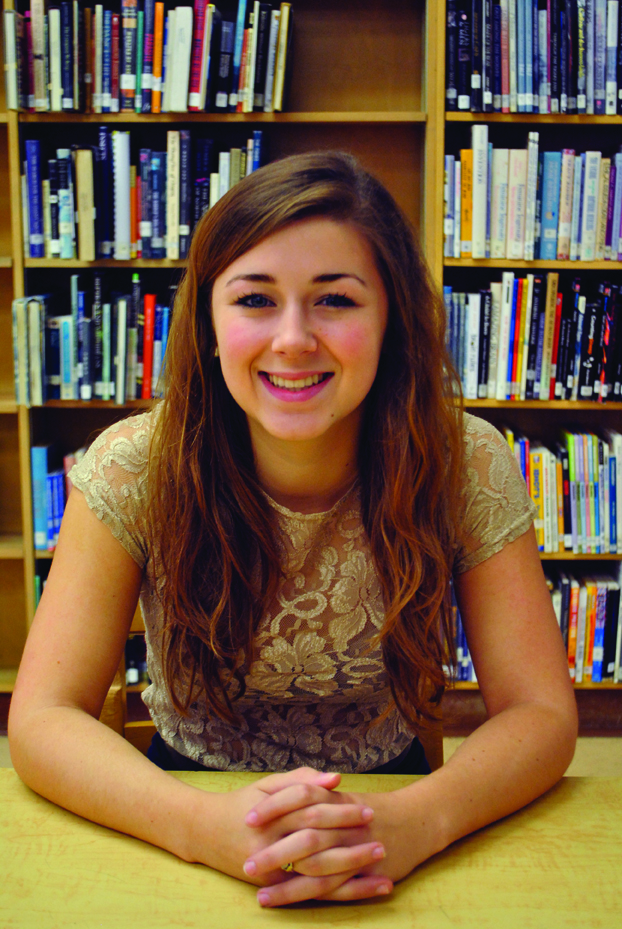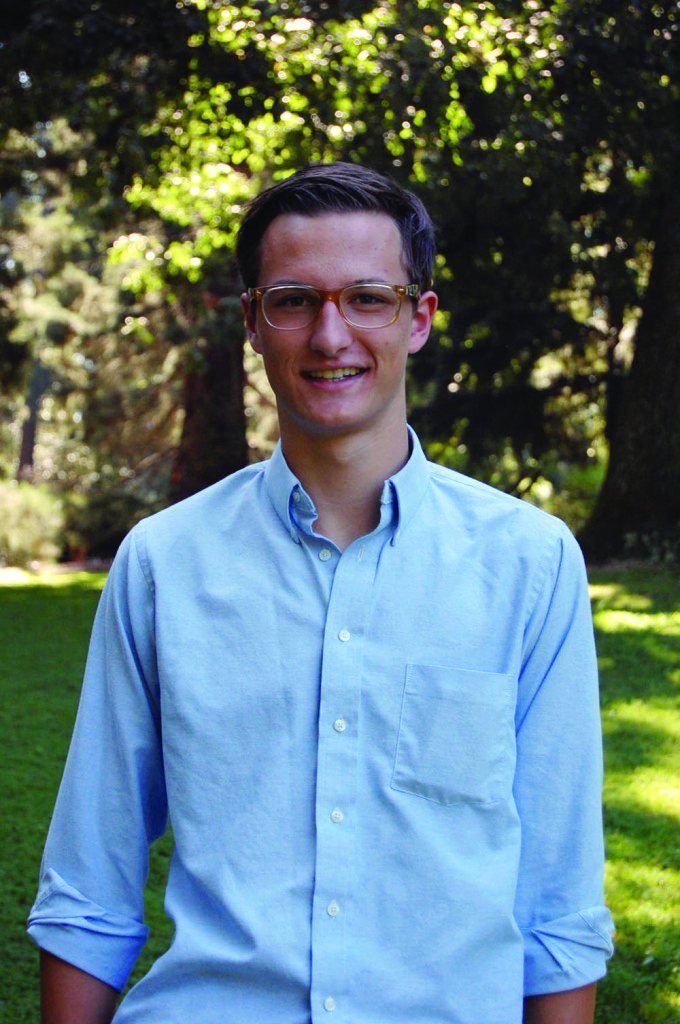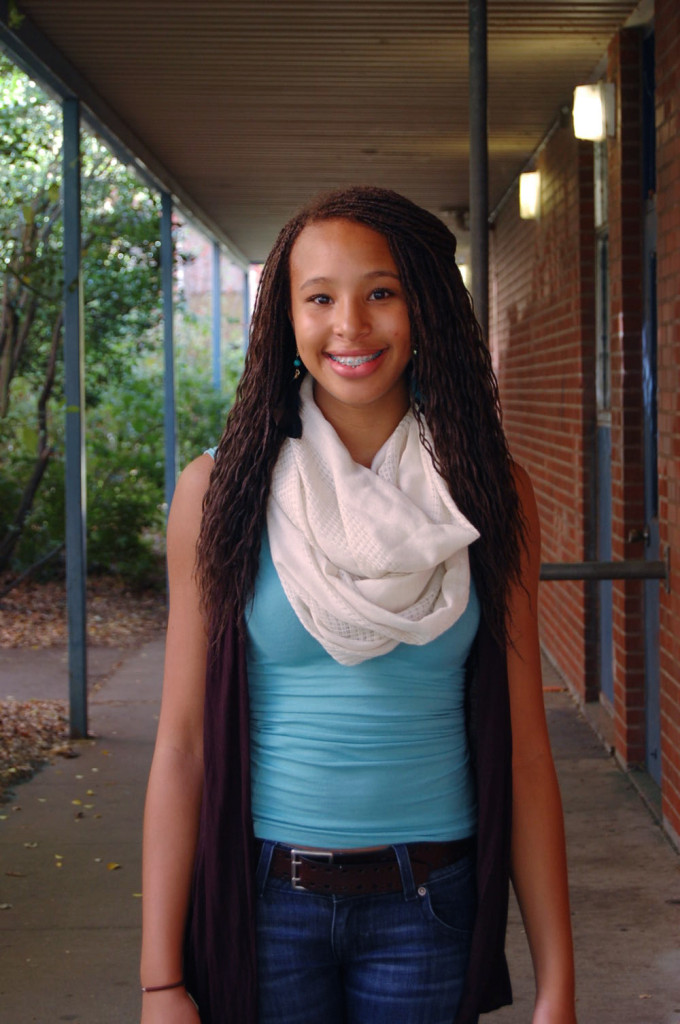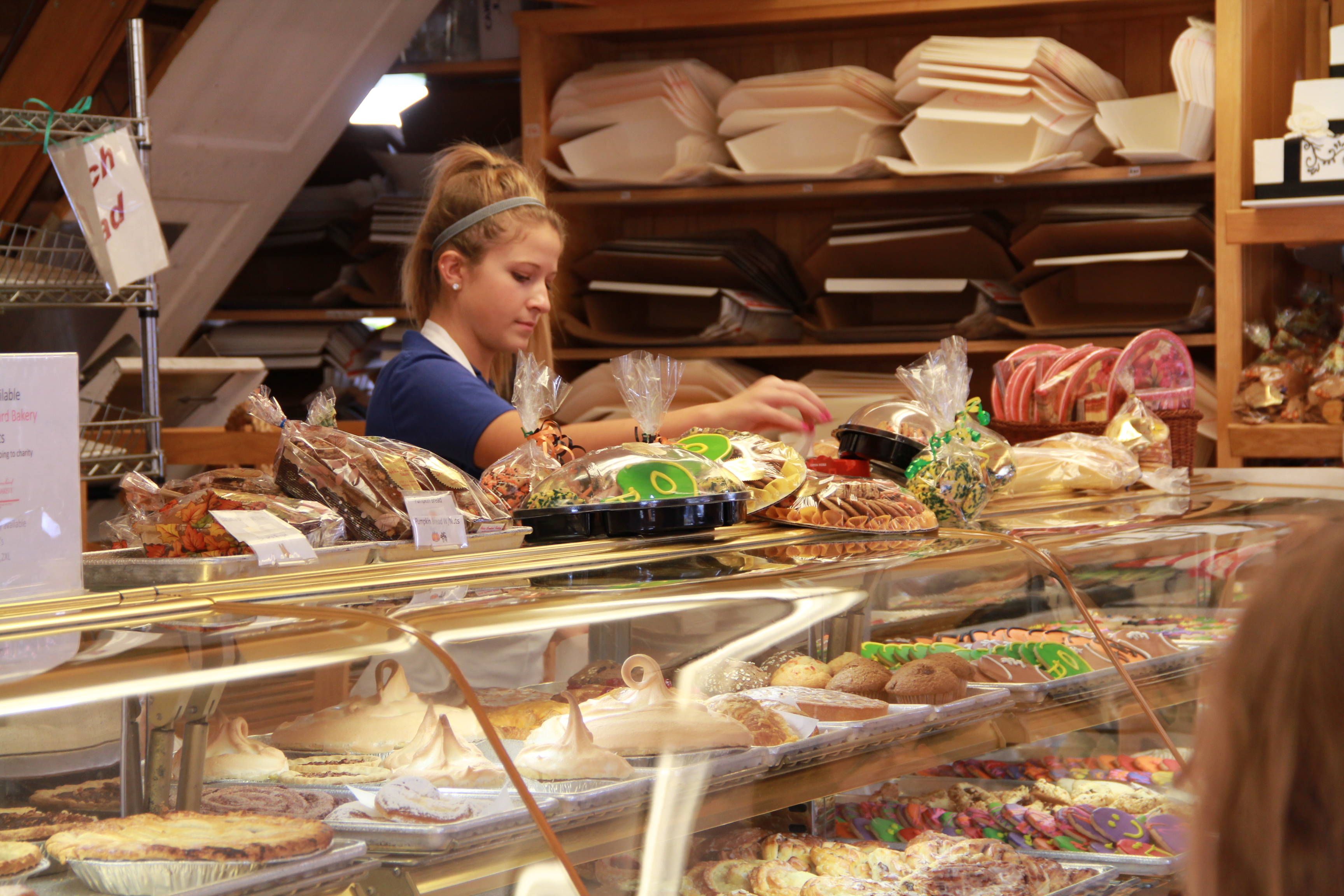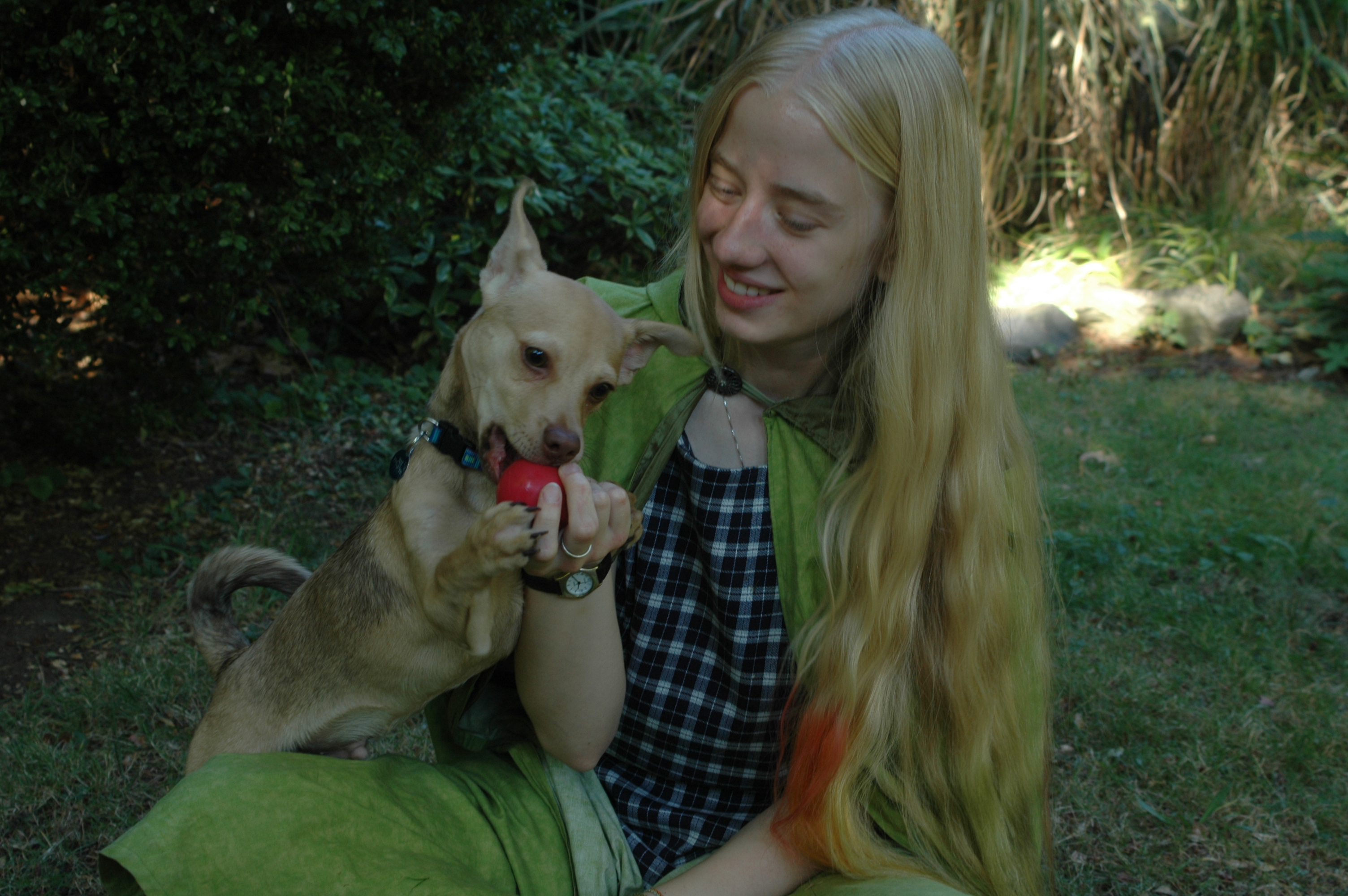On Nov. 6, elections officials across the country will count the ballots of tens of thousands of voters in one of the most widely viewed presidential elections this country has ever seen.
Many new voters will have an opportunity to make a large impact on the outcome of the Presidential election. Millennial generation is expected to make up one-third of the electorate by 2015 making it the largest increase of youth voters since 1972.
In Portland, residents will be asked whether or not they support Measure 26-144, a bond measure that would raise money to pay for the much needed renovation and rebuilding of school buildings.
In the Portland mayor’s race, a typical mayoral race between two candidates has become a headline machine of scandal. Candidate Jefferson Smith, a Grant graduate, has found himself mired in campaign controversy after a woman came forward and accused the legislator of assaulting her. He faces Charlie Hales, the former city commissioner who earned headlines after being criticized for living in Vancouver but not paying a portion of his property taxes.
Grant students play a role in shaping our future, especially those who have reached 18 and can vote. Here are a few people from school who consider themselves activists.
It runs in the family
Madi Moskowitz and her team take the stage to speak about the importance of making sure eligible Grant High School students exercise their right to vote.
Speaking on behalf of the Democracy Cup, a challenge program designed to get young people to register to vote, Moskowitz encourages the crowd. “It’s hard to make your voice heard in a country of 315,000,000 people, but you can make it heard by voting!” she yells to the students.
Moskowitz, a junior, is an up and coming political activist. She’s on the cheerleading squad and is a part of mock trials. But what keeps her going is her strong political will.
Her family has a strong background of advocacy. Her mom is a lawyer and her father is an environmental lobbyist. Throughout her childhood, she was surrounded by political influences both inside and outside of her family.
She attended Sunnyside Environmental School where she became active in her community. She helped build gardens, put on events for senior citizens and participated in many restoration projects.
Growing up, she recalls watching the news and reading newspapers that centered around people in foreign countries overthrowing their oppressive governments. “There aren’t enough places in the world that give the people the opportunity to choose what’s best for them,” she says. “I have come to appreciate America for this.”
Last November, Moskowitz’s father brought her and her brother to the Veteran’s Day Parade. There, they met Grant alumni and Portland mayoral candidate Jefferson Smith. After a talk with Smith, Moskowitz was offered the opportunity to work on his campaign.
For 20 hours a week during the summer, she worked in his office, inputting data and traveling to events to promote his candidacy. “I was most impressed with her dedication to it,” says her father. “I was amazed that she got up every morning to go to work. I noticed that this internship broadened her insight on her future.”
Her work with Smith has carried over. She goes out into the community with her Democracy Cup team, talking to youth about the political races and why it’s important for young people to vote.
“One of the best parts was the responses young people gave to us when we told them about our candidates and the importance of them voting,” Moskowitz says.
She’s not sure what she will do next.
All she knows is that she wants to follow in her family’s footsteps.
-Christopher Johnson
From the office to the streets
Last May, more than a thousand students from all over the city gathered at the Portland Public Schools district headquarters. They marched across the Broadway Bridge, carrying signs that read, “Oops, they did it again” and “Invest in your children’s future.”
They were mad about the decline of school funding in the last 10 years. 15 schools have been closed by the district since 2000 and class sizes continue to get bigger. This protest was to show school administrators, politicians and Portlanders that enough was enough.
At the center was then-junior Dylan Tingley, who organized the May Day march and rally with the help of the UPSET crew – Underfunded Parents Students and Educators Together. “Investing in education is the smartest thing a country can do,” Tingley says. “In fact, it is shown that investing in education is what’s really going to pay off in the end and pull America out of debt.”
Tingley wasn’t the only person who noticed the problems. But he decided to make a decisive move. “I think marches in general are only the first step,” says the Grant High School senior. “It’s fairly easy to get a march together but you have to go in and start doing the boring stuff after that.”
Following through with this “boring stuff,” Tingley pushed the group to begin lobbying with a wider range of people. And he took the leadership and organizational skills he developed with the march and brought them to a new setting. During the summer, he worked as an intern for U.S. Congressman Earl Blumenauer. He tediously organized projects for Blumenauer to present to groups, and discussed issues in policy with him.
“One of the best parts of the job is that it really gives me a large cross section of society,” Tingley says. “Many people call in that are highly educated but many just want to spout off.”
His work with Blumenauer helped him discover the possibilities in politics and all the different paths he could take with it. “These days, the economic crisis is what is most compelling to me,” he says. “While I am passionate about social issues as well, the economic crisis had a profound effect on how important I personally perceive politics to be in shaping people’s lives, or at least the material condition of their lives.”
In college, Tingley wants to pursue politics, philosophy and economics. Eventually, he wants to become a political critic. “Everyone is on some level political awareness, even if they don’t identify themselves as such,” he says.
-Abby Williams
Empowerment to students
It’s a Tuesday, and the bell for lunch rings. Students at Grant High School push their way out the doors, making a beeline for their favorite lunch hangouts.
Except Paige Moreland. She heads for the second floor with friends in tow, where a group is waiting in Room 229; BSU. The group started years ago as a way for African-American students to discuss issues and make sure their voices in heard.
Moreland, 17, is BSU president. BSU, at least for Moreland, is a place to unite and make everyone feel welcome.
It’s important for her because it provides a platform for anybody to speak openly about issues without fear of being judged. “People feel important and empowered,” she says.
Moreland wasn’t always as comfortable with the idea of the BSU. She was terrified of going to a meeting. She came from a mostly white, Lutheran elementary school, and when she got to Grant she worried about not fitting in. What if people don’t like her, she thought.
She eventually went, with encouragement from friends and family. Moreland developed her strong ideas, in part, from her father. He’s part of Portland’s racial reconciliation board. The group – made up of different races, religions and ethnicities – sit down and talk about issues they think need attention when it comes to race.
Growing up in this environment, Moreland has always felt politically involved. In the sixth grade, she participated in a walk out with other students because of budget cuts.
The goals for the BSU this year, according to Moreland, are to educate members about their choices for after high school and for themselves. When asked about the role of the BSU when it comes to students voting, Moreland says: “The goal is to empower. If you are empowered you’re going to vote.”
-Oona Fisher Cambell
Grant Magazine covers the Portland Mayoral Race
As Portlanders gear up to elect their next mayor and the campaigns of Jefferson Smith and Charlie Hales are in full swing, we interviewed each candidate to find out why they think they’re the best candidate for the job. Smith, a 1993 Grant High School alumnus, has made the most headlines lately after local newspapers reported in early October that he punched a woman when he was in college at a party. Hales has had his share of negative press after questions arose early on in the campaign about his residence and where he paid property taxes. Our interviews were conducted separately and they have been edited for brevity and clarity.
If you could tell the new voters of Portland anything, what you would you tell them?
SMITH: We need to reconnect the people of our city to the power of our city. I want to call you to service. I care more about that than you voting for me. The most important asset is you people, and we need you badly. Much of what makes this city great is that it was built decades ago by a generation of activists who weren’t much older than you are now. That’s who created Waterfront Park. That’s who stopped the Mount Hood Freeway from splitting the city in half. We need a new great generation of engaged Portlanders. Our City Hall will listen to you and offer a vision. This century calls for a city to set an example of what a place can be like and how a people can live together.
HALES: I would say just to get involved. Personal involvement really makes a difference. Activism works here. There are many outlets in Portland because there are so many amazing non-profits. “Friends of Trees” is one of my favorites. There are a lot of opportunities, whether you care about homelessness or hunger, the environment or transportation. There are also ways in Portland to make a physical, tangible difference. You can feed a homeless person or you can plant a tree. Almost any subject in Portland has an advocacy group. The point I’m trying to make is that there is a diversity of opportunities for activism and there’s no excuse not to get involved.
Why should young people vote for you over your opponent?
SMITH: First of all, I went to Grant. But despite that lofty achievement, you deserve more reasons than that. I would if I were in your position be thinking about this election in terms of leadership, values and the future. As for leadership, I’ve started and run a nonprofit dedicated to getting young people engaged in politics that’s registered over 80,000 people to vote in Oregon called The Bus Project. I have electoral experience dealing with budgets in tough times. In terms of values, this is my hometown. This city helped shape me. I’d be Portland’s first mayor from east of 82nd avenue. I’ll stand up for Portland’s best values every day as best I can.
HALES: Well, I certainly am up against a disadvantage because he’s a Grant graduate. The mayor needs to be someone who leads by bringing people together in partnership and gets things done. There are many examples in Portland of where my leadership led to real things that make Portland a livable city. The two things that I have done previously that I am most proud of would be my work on the 1994 park bond measure, and the streetcar and MAX light rail expansion. I have represented minorities in Portland by ensuring minority representation with the Portland Fire Bureau and if elected I intend to keep up my work of working for those with less voice.
What can you as a mayor do for our schools?
SMITH: Portlanders deserve a great public school in every neighborhood. A mayor can advocate to help political efforts to get public schools the funding they need. One of the reasons I am running was the signal we received when Portland failed to pass the recent schools measure. Portland is at a crossroads on education. The mayor should be a leading champion for public education. I’m proud to be joined by the other candidate to testify in support of the school bond.
HALES: It’s one of the issues that made me want to run for mayor. We have been holding education together in Portland with duct tape for way too long. We’ve got to get out of this uncertainty and we’ve got to get the buildings in good shape. I will support the local school districts and their leadership. I will advocate everywhere to ensure that schools have funding. I will assist with programs that link local colleges to our schools.
You’ve had your share of headlines in the news with stories that aren’t too flattering. Do you care to address those?
SMITH: Did not return repeated calls for comment.
HALES: My time in Stevenson, Washington is often talked about on the campaign trail. When I married my wife Nancy, she was living in Washington with her kids who were still in high school across the street from their home. We decided that the best thing for the kids would be to let them finish out high school and not uproot them. Then Nancy and I moved back to Portland as we always planned. I paid Oregon taxes on every dollar I earned in Oregon and I kept my voter registration in Oregon because you are allowed to do so if you intend to come back and that was always the case. In fact, the Secretary of State, the City Auditor and the County Elections office have rejected unfounded election complaints based on my residency.

